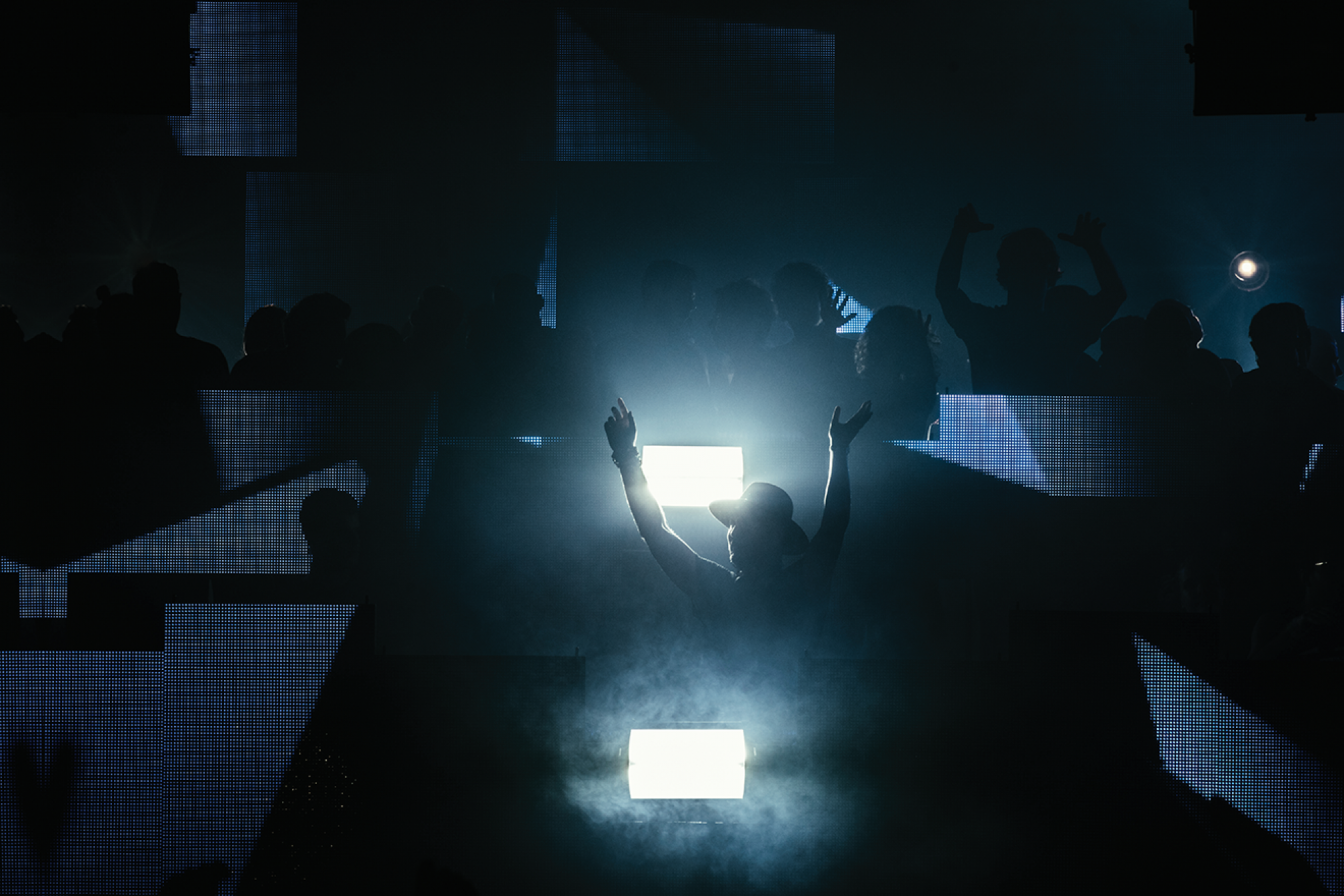 Cover stars
Cover stars
Kölsch: Ibiza Calling
The Danish producer is heading to the White Isle as one of this summer's biggest stars
A hippie commune founded in 1971 in a spirit of self-proclaimed autonomy, Christiania, sometimes known as Freetown, is a 10-minute drive from the centre of Copenhagen in the eastern part of the city. One you’re safely parked by the river you pass the first of several former army barracks, a dozen or more brightly painted lakeside homes and, if you’re lucky, a couple of graceful swans gliding underneath a bridge that leads to the centre of an archaic but undeniably fascinating neighbourhood. Once you’re there, all bets – and cameras – are off, as there are things being sold on Pusher Street that the residents would rather you didn’t document. Don’t expect to see people with flowers in their hair, either: in 2017, you can rent a bike, buy all kinds of coffee at Månefiskeren or fresh groceries at a cosy buffet called Grønsagen. However, old habits clearly die hard: we spot a wooden shed full of children’s clothing ripe for donating or exchanging, depending on how charitable your mood. This is where our surprisingly tall cover star, signature hat firmly in place, lived with his family for the first few years of his life.
“Christiania is where I was born,” says Rune Reilly Kölsch as we drive to the commune early one Friday morning in April. “In the early seventies, a bunch of hippies decided to occupy some old military quarters. My parents happened to be two of those first hippies who moved in there, and it’s basically been that way ever since. It’s been part of Copenhagen, and equally it hasn’t. But it’s been there for over forty years so there’s not a lot that the authorities can do now: generations have lived there. It’s based on this anarchic principle that everybody should agree on something before they would do it, which is an interesting way to make a society!”
It’s a complex, fragile idea that’s proven as liable to exploitation as it is to freedom. “But there’s something quite beautiful about the original idea of Christiania. Over the years, they’ve expanded over old ruins or built something from scratch. But at the same time, it’s also a place where the police seldom go because there’s always big resistance against official authorities. And for a long time it spawned a lot of criminal activity in the shape of people selling drugs. That was limited to weed and mushrooms but still, selling weed in Denmark is illegal and punishable in the same way as any harder drugs. That’s why we can’t take too many pictures – they’re not very happy about that. Some don’t care, but some don’t want their picture taken. And then you have the old weird freaks who have conspiracy theories the moment they see a camera...”
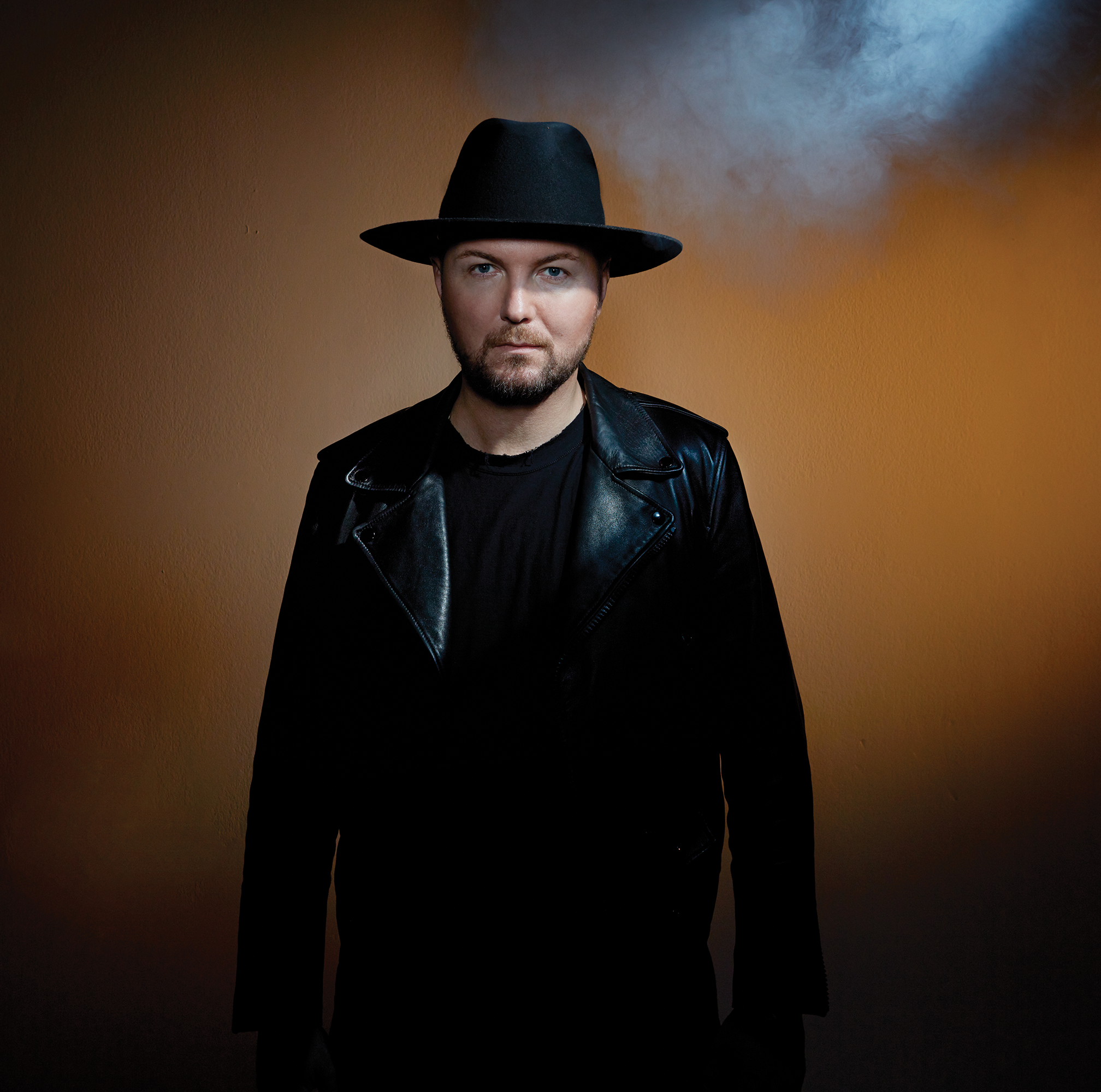
When he turned seven, Rune’s parents decided to leave the commune. “We moved out pretty quickly,” he recalls. “At the time, there was a resurgence of heroin addicts who decided they could do whatever the fuck they wanted. We moved to another collective further north in Denmark and I’m very happy about that, because a lot of my friends who stayed [in Christiana] as kids had really traumatic experiences with weird characters. Kids and junkies are not the best combination.” But Christiania has also created some positive hippy vibrations: he mentions Lukas Graham, the big Danish pop band behind ‘7 Years’ led by Lukas Forchhammer, who was also born in this 900-strong commune, albeit a little later down the line. “A lot of the creative people in Denmark were born there, from different generations. People I know in art, food and music have strong ties to that place so it spawned a lot of interesting stuff. I meet people still and it’s all good. But it’s a strange place.”
Escaping a tough environmental upbringing is nothing new in music. If anything, it’s what drives so many hungry musicians to do better in the first place, Black Coffee one shining recent example. Rune’s career has followed a similarly high-flying trajectory across Europe, America, Australia and of course online: every new music post, every black and white Instagram picture is greeted with the kind of numbers you might expect for a global superstar, and there’s a reason for that. Rune’s own productions, from the bubbling Ibiza acid classic ‘Opa’ to the piano-pounding festival smash ‘Der Alte’ and then ‘Grey’ last winter, typify the very best that European electronic music 2010–2017 has to offer, and it’s won him a huge audience of his own. But the success of ‘Grey’ last year (Pete Tong’s tune of 2016, which streamed/sold so well that Rune was more than happy ignoring the “crazy major label offers to [add] a vocal”), and a slew of remixes for Sven Väth (‘Robot’), The Chemical Brothers (‘Wide Open’, with Beck) and Coldplay (‘A Sky Full Of Stars’), now mean that as a DJ and a producer, Kölsch sits at the upper end of dance music’s top table. And as is so often the case, the White Isle has played a part in that inexorable rise. Rune has been visiting Ibiza regularly since the early 2000s. “Because there was no social media, it was a more intense experience and it was like you were part of a secret society: freemasons gathering on the Space terrace and exchanging weird handshakes!”
That love affair with Ibiza sees no sign of slowing down any time soon. This summer, you can catch Kölsch at Hï (AKA ‘the new Space’) for a brand new night called In The Dark where he’ll be joined by Joris Voorn, Steve Lawler, Nic Fanciulli and Luciano.
Never forgetting his roots, he’s also playing twice at DC10 for Circo Loco. As with everything in Camp Kölsch, it’s all about the balance. Rune is as much at home playing Timewarp as he is performing at Ultra in Miami, and this year he’ll be closing Cocoon’s stage at We Are FSTVL with his techno sparring partner, Sven. In the end, looking forward is the most important aspect. “Absolutely,” says Rune. “That’s the whole point of electronic music, to look forward. I like a retro record once in a while but it’s extremely important that we push the boundaries. It’s also easy because we’re working with technology. I’m super-happy with all of my releases. It’s like a chef working in a kitchen to perfect a dish…” Richie Hawtin’s fascination with sake is suggested as an analogy. “What’s so interesting is the starting point is exactly the same: it’s rice. What you can get out of rice grains is incredible. I really do admire the thinking!”
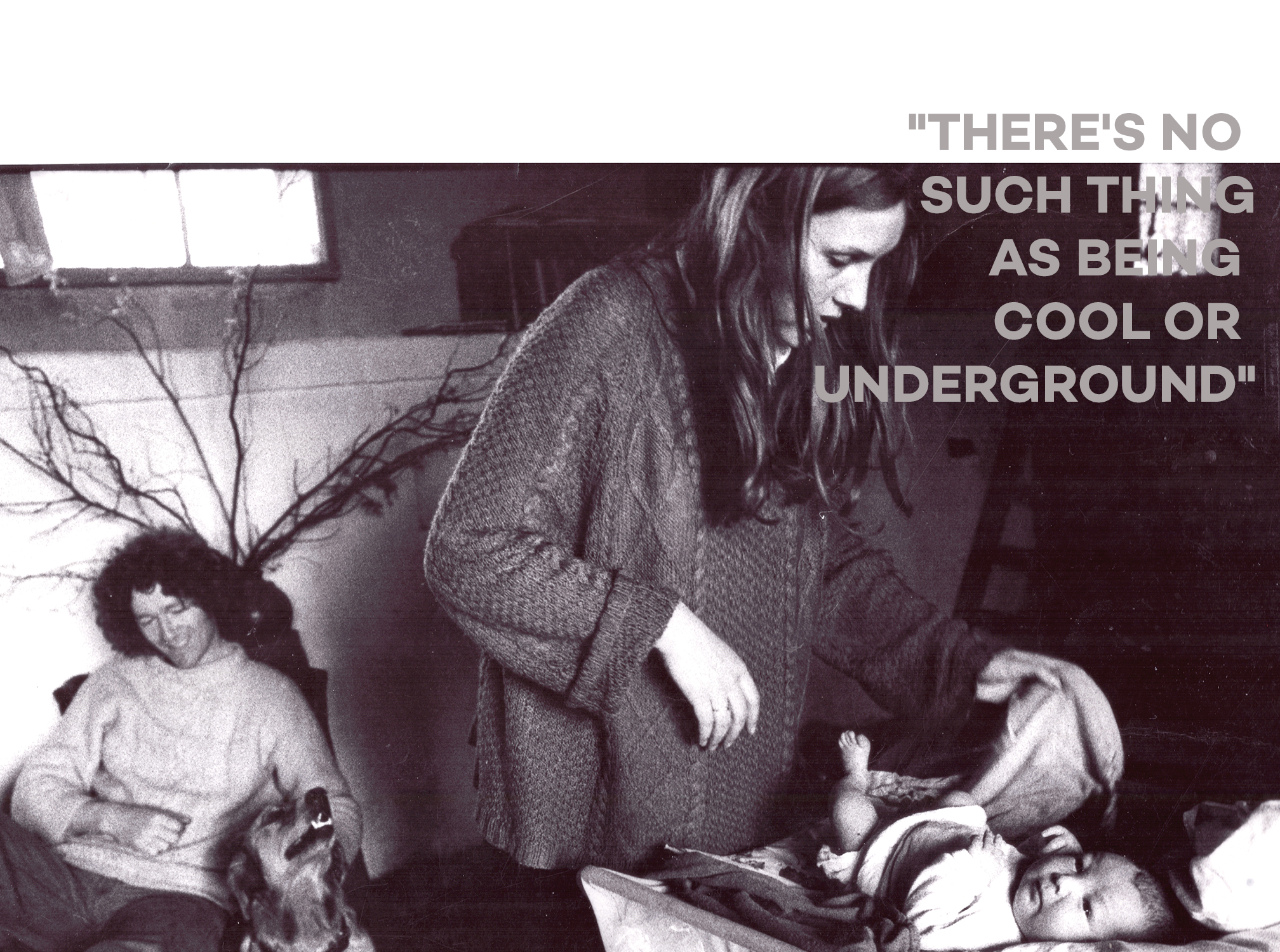
Born in 1977, which was also the name of his debut album on Kompakt, Rune is a reminder, like The Black Madonna last year, that life-affirming success doesn’t necessarily have to happen in your early 20s – although he’s is no stranger to hits under an alter ego or two (hands up how many of you knew that Rune was behind the seismic house smash ‘Calabria’ back in 2003?). But he caught the dance music bug back in his formative years in Copenhagen. Rune’s parents divorced when he was still young, and he divided his time between the two of them. “There was a youth club where I started experimenting because I was skateboarding at the time and it’s where I would go to feel free. I really appreciate the magic of that time: there would be breakdancers and a discotheque and a radio station, so I gravitated towards all that. I started DJing in 1989, 1990, trying to get attention from girls! I’d put on Technotronic and ‘Lambada’ and that kind of crap. Then I started my first band, Rune And The Motherfuckers: I was the lead singer and we’d play early rap records and Prince covers… we were terrible!”
After that, Rune started to play the drums and emulate what was being played on hip hop records: “But until someone told me the drums were sampled from old funk records, I couldn’t figure out why mine didn’t sound like that! Immediately after that, my mum bought me an Amiga 500 and I started producing. After a while I got into a radio show from a guy called Thomas [AKA Ezi Cut] which I’d listen to because of the hip hop he played – but then through him I slowly got into the house thing. The first time I heard The Goodmen ‘Give It Up’ and DJ Pierre ‘What Is House Music’… those records made me think: why would I waste time making hip hop? So then I started making techno and house music. My first record came out in 1995 on a label called Multiplex, and that’s when I started playing underground techno parties. I was so infatuated with this music, I felt like I had to tell everybody about it.” The sensation he felt from techno and house, he says, was “like the first time you taste chocolate”.
Like so many producers of that generation he discovered Pete Tong on the BBC in the mid 1990s. “That’s when we had the first satellite radio and my friend would record all his shows religiously. We couldn’t wait until the show came on to hear the new Essential New Tune. Back then, an Essential New Tune was the biggest thing ever! We’ve crossed paths many times since and now we just swap music. I covered for Pete [on his show] last month and it was a big moment when I got to choose an E.N.T. of my own.”
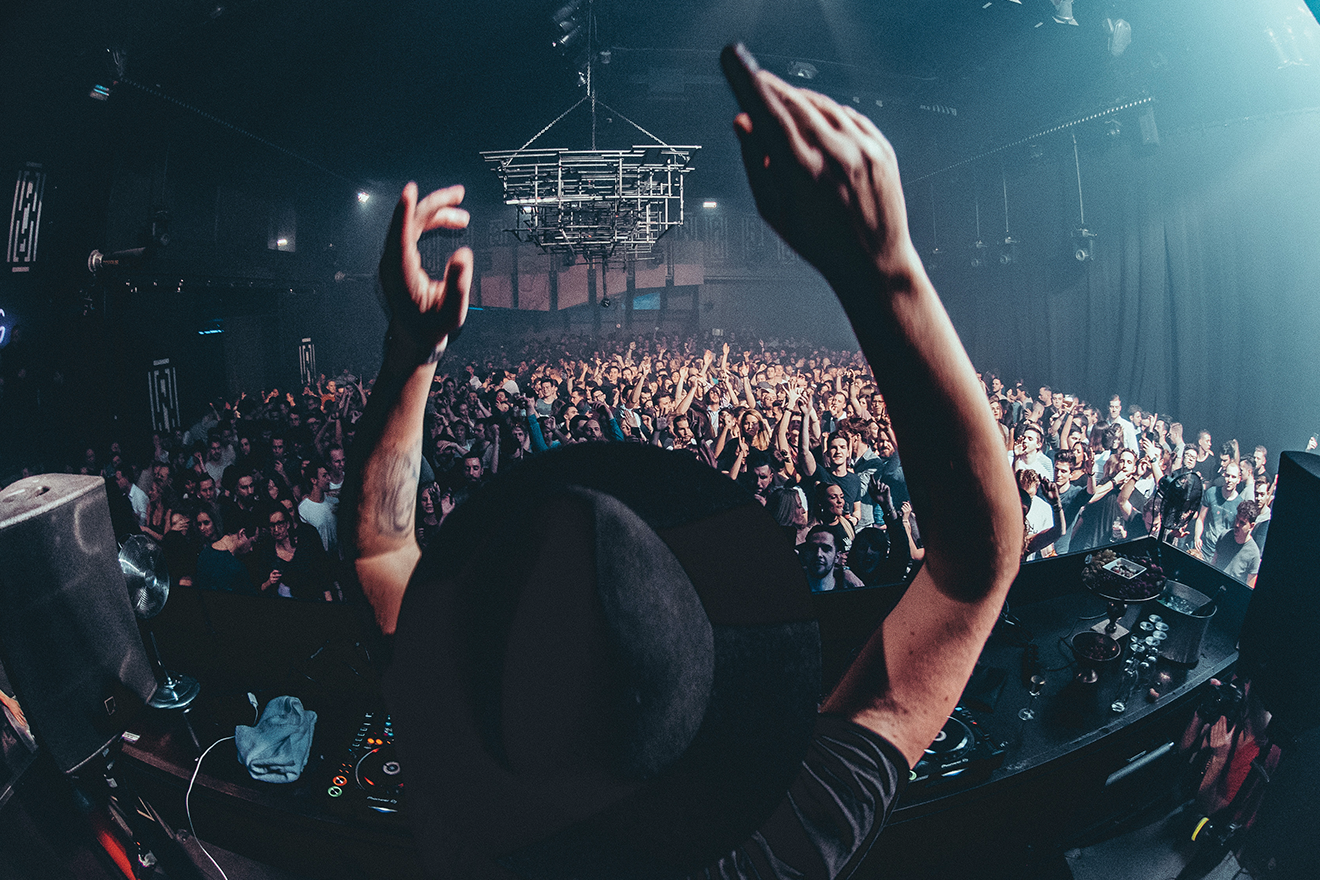
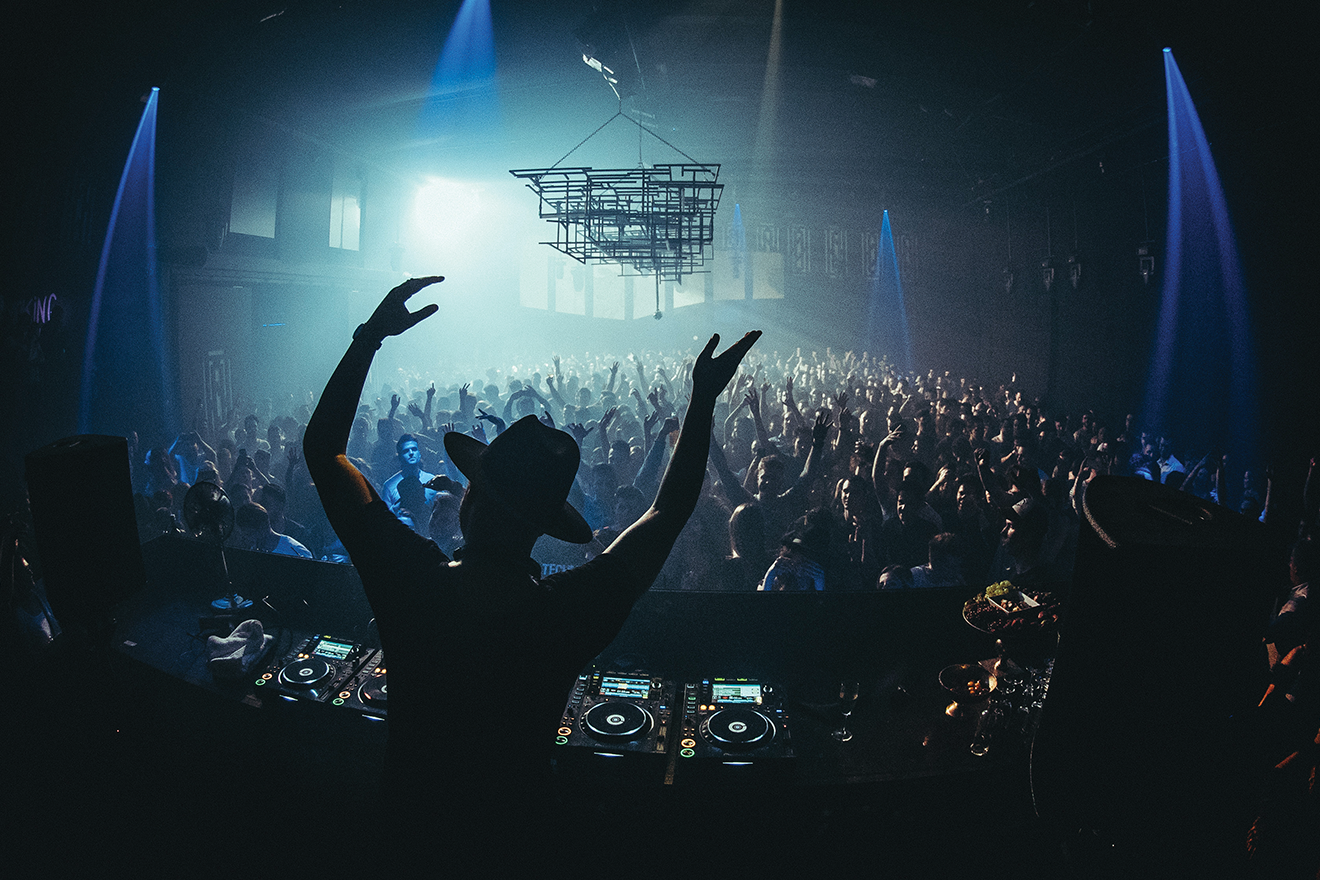
“I got to know about Kölsch when he started putting out music as Artificial Funk back in the late 90s and then Rune RK in the early 2000s,” says Tong. “The personal relationship developed over the past 10 years when he started booking me in Denmark. It struck me straight away that the clubs and parties he was running were far cooler than the music he was known for. When I asked him for a few of the records he was playing he told me about the impending metamorphosis into Kölsch. I championed his new music from the start on the radio and at my shows where tracks like ‘Opa’ and ‘Loreley’ got an amazing reaction. One particular place that was perfect for his euphoric and emotional techno was Ushuaïa. I would often play Kölsch as the last tune on that giant main stage and the staff were always super-complimentary, assuming I had made the tracks. I told them they’d better book Kölsch, and the rest is history!”
A quick flick through the vinyl in Rune’s studio over a confirms a love of house and techno that spans the past two decades: Daft Punk’s ‘Discovery’ and ‘Remedy’ by Basement Jaxx sit next to music and mixes by Carl Craig and Kenny Larkin and somewhere in the middle is a pristine pink copy of a ’95 Strictly Rhythm classic by Lil Mo Yin Yang, AKA mid 90s super-duo Little Louie Vega and Erick Morillo. “Derrick May was my biggest idol: you could feel it in the room. I also liked Jeff Mills but he wasn’t as present when he performed. But later, when I went to Pacha to hear Erick… that was mind-blowing. You might not like all the records he played, but his technique and the way he controlled the club was incredible. There’s no such thing as being cool or underground,” he continues. “All the music we regard as being cool from Chicago, the Dance Mania stuff: I was talking to K-Alexi a few years ago and he said they all wanted to make r’n’b records but couldn’t afford the equipment. They wanted to make pop, they just couldn’t do it!”
Rune picks up the backstory again. “I fell in love in ’96 and had my heart broken, and then took a break until ’99 when I did my first record for the Brother Brown guys [half of the Danish house duo, Henrik, is now Rune’s manager]. “That was also the year I first went to Ibiza. The first trip was to San Antonio with a bunch of guys, but I found my way to Salinas to hear Jon Sa Trinxa, who sold tapes back then! And then there was the resurgence of Cocoon and DC10 in 2003/2004. That planted a seed which inspired me to set up [label] Tattoorecs. And afterwards Space; you would go from eight in the morning until five or six in the afternoon!”
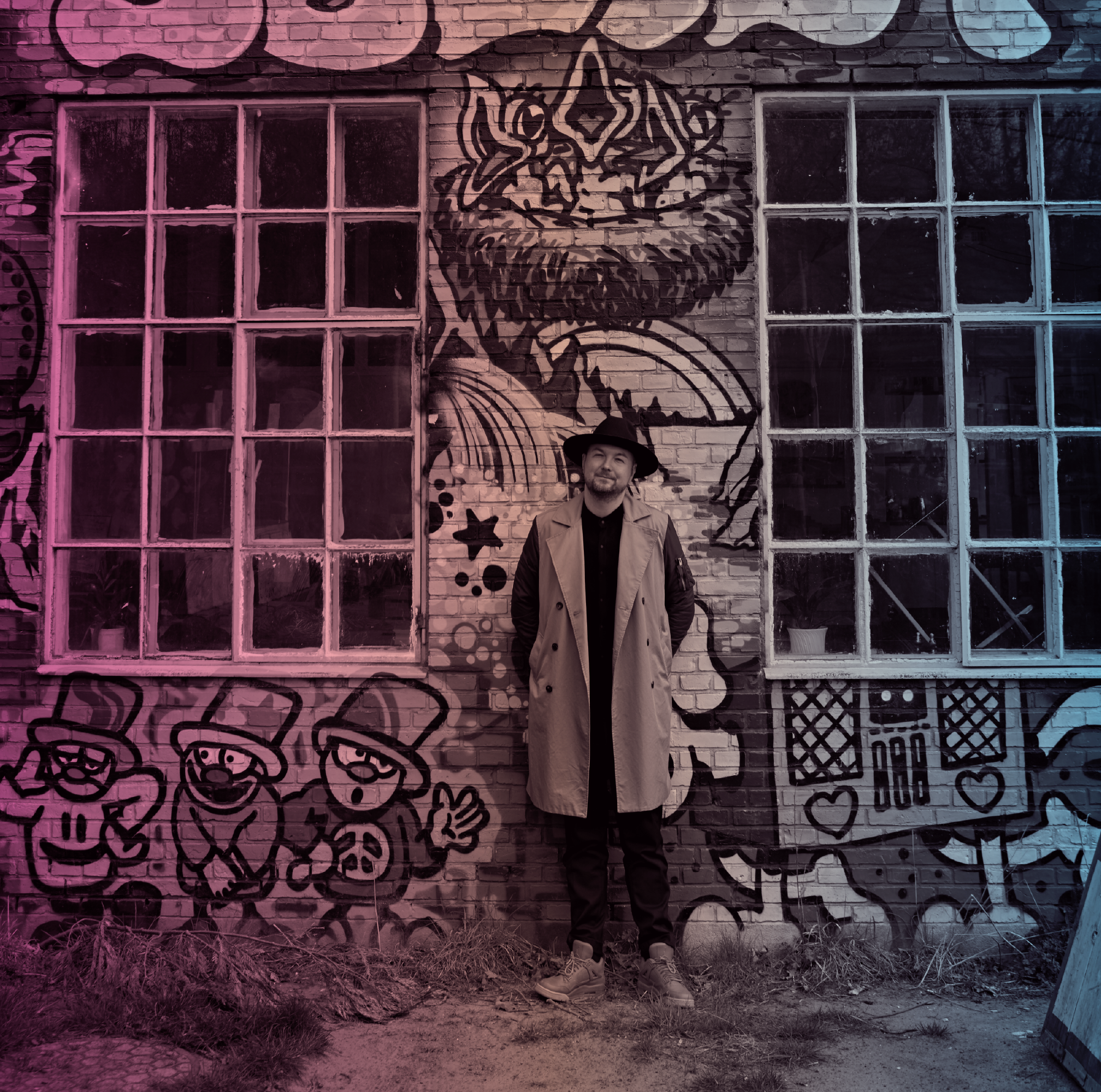
He first played Berghain in 2006 and adopted the Kölsch moniker as a solo artist in 2009. Rune signed to Kompakt on the suggestion of Michael Mayer, and says his success couldn’t have happened without the support and understanding of the label. His first release, the tough but richly melodic ‘Loreley’, paved the way for a slew of Kompakt Speicher club classics; his third album is due in June.
Which leads us right back to where we started: to his early inspiration, to his parents, and to Christiania. Right now, he admits that he has “mixed feelings” about his place of birth. “It’s a holding spot for lost souls and misguided ambition: it’s so easy to drown yourself in that place and not go any further. I don’t feel connected to it at all. I’ll go visit my mum, because she lives right next to Christiania and hangs out there a lot.” What do his parents make of his music? “My ‘real’ mum has been to many events over the years, including Roskilde. My dad remarried before he passed away, and my stepmother came to hear me play at Showcase in Paris and brought my aunt. All the kids were looking up at these grannies in the booth who went for it for five hours! I’d have loved my dad to have experienced this. He sadly passed away in 2003, just before I won a Grammy. He really wanted me to go back to school and study. It was either that or become a Buddhist monk, like him: they called him the Irish Catholic Buddhist because he would keep on preaching to anyone who would listen! Not that it matters, but there’s always an element of wanting to prove yourself to your parents.”
Our final stop-off is to a huge building where Rune played from 1994–98, when it was a heavyweight underground club. “I used to come here as a kid and run around. But in the 90s they put on techno parties. The problem was it would go on really late and as you can see, people live around here.” We ask him how he feels to be back again on the eve of his 40th birthday. “Little details pop up. The mind has a tendency to remember fond memories, but there was also a lot of violence and shit going on back then. A lot of my friends aren’t here now. I’m just happy I escaped. I remember one of my friends saying, ‘We don’t have the talent that you have, but we all want you to succeed’. That’s such an amazing thing to say to someone as a teenager: to recognise that someone can do something you can’t. It’s a very un-Danish thing to do.”
It’s also a truth that echoes across dance music culture from Christiana to Ibiza: wherever you’re from, maybe true freedom is really only possible with the support of your friends.
Kölsch is a resident at In The Dark, Thursdays at Hï Ibiza


